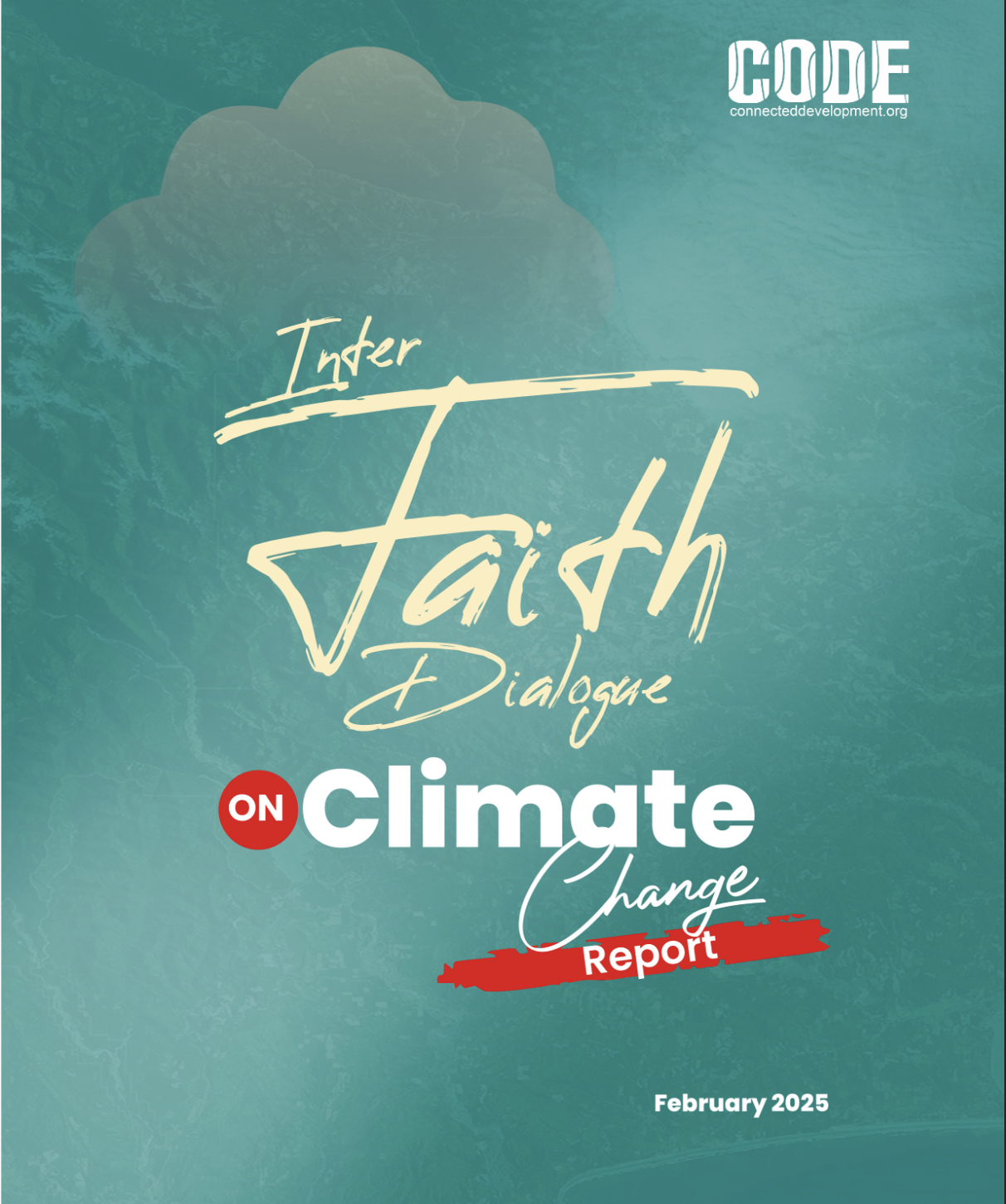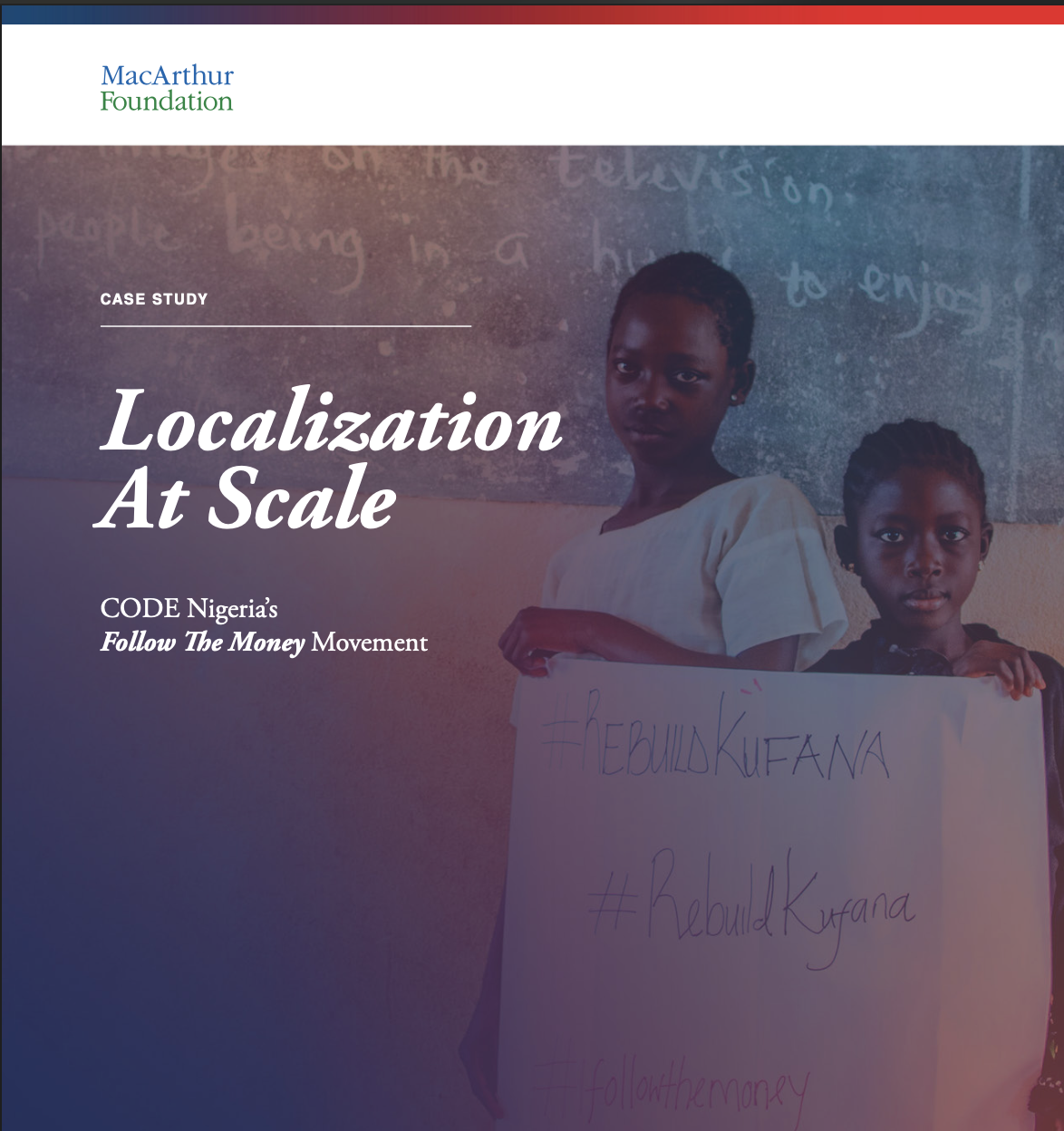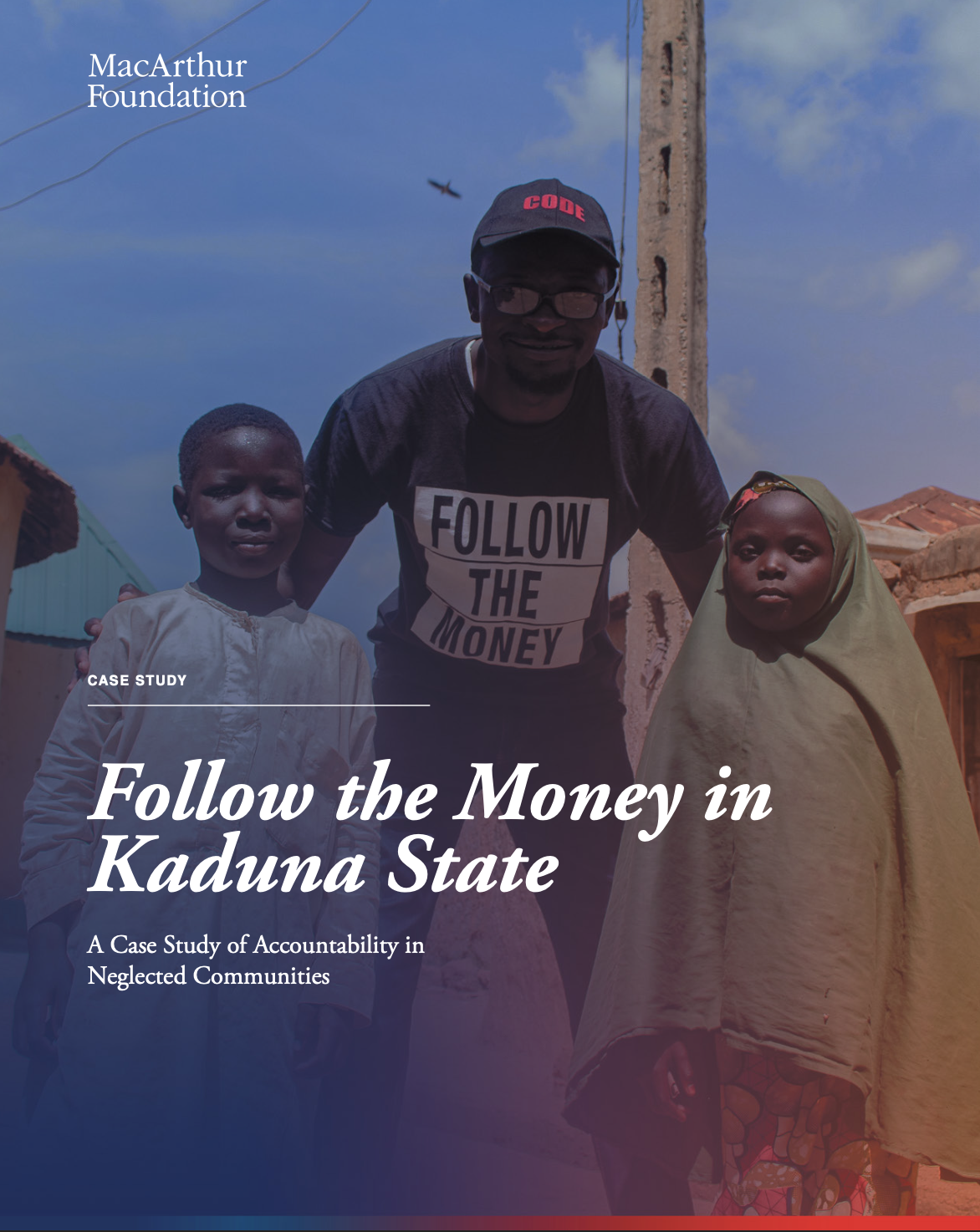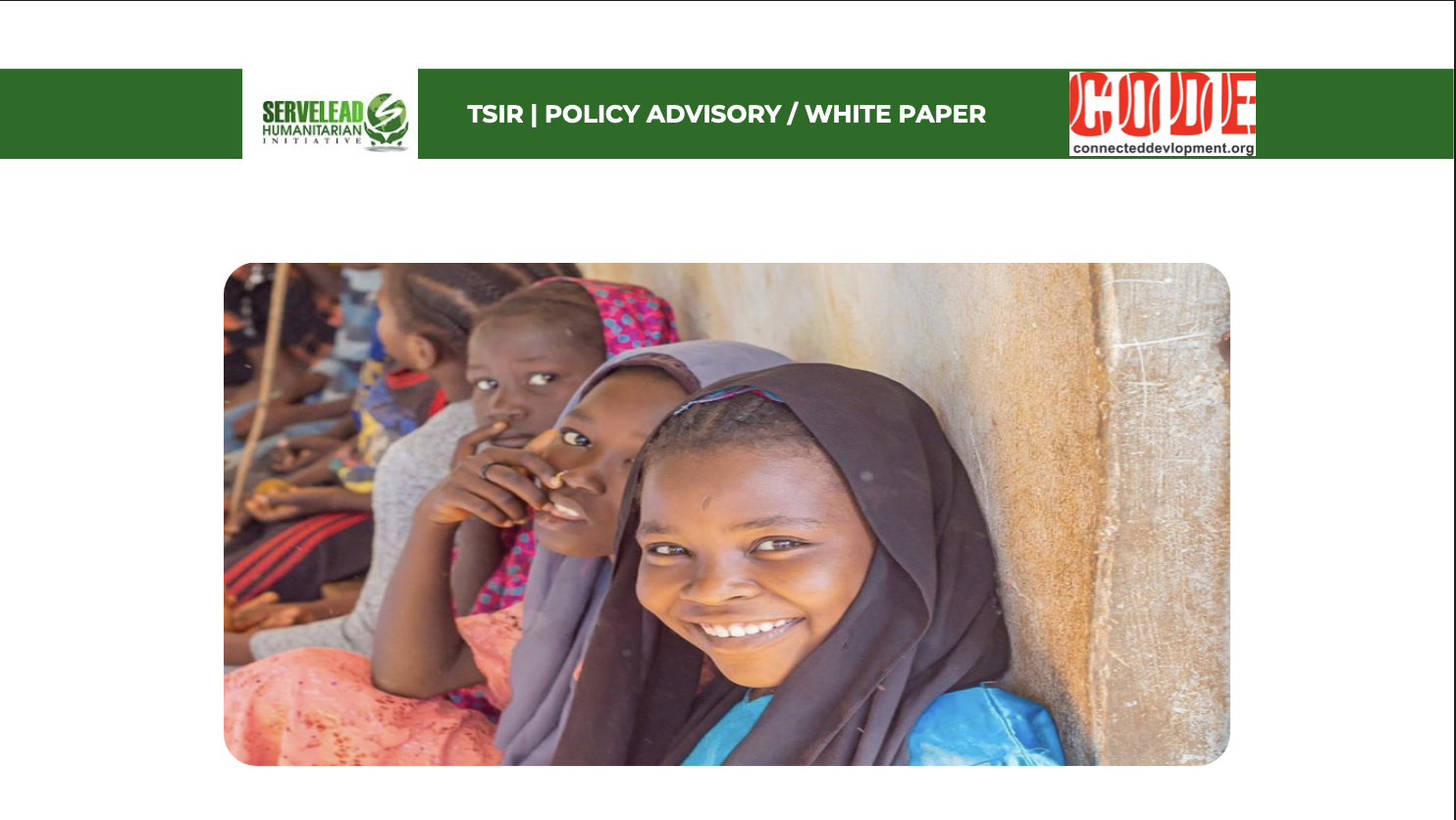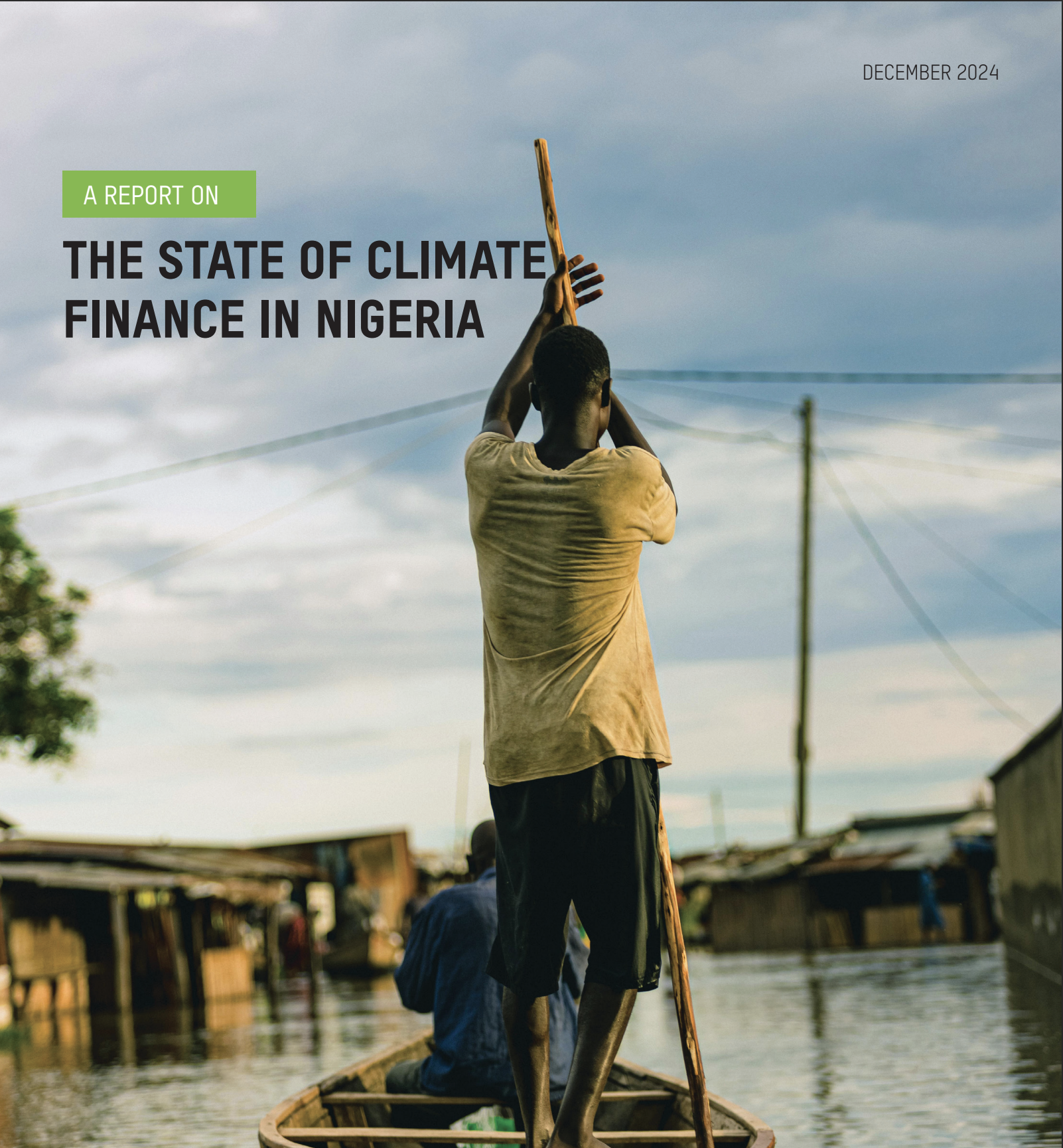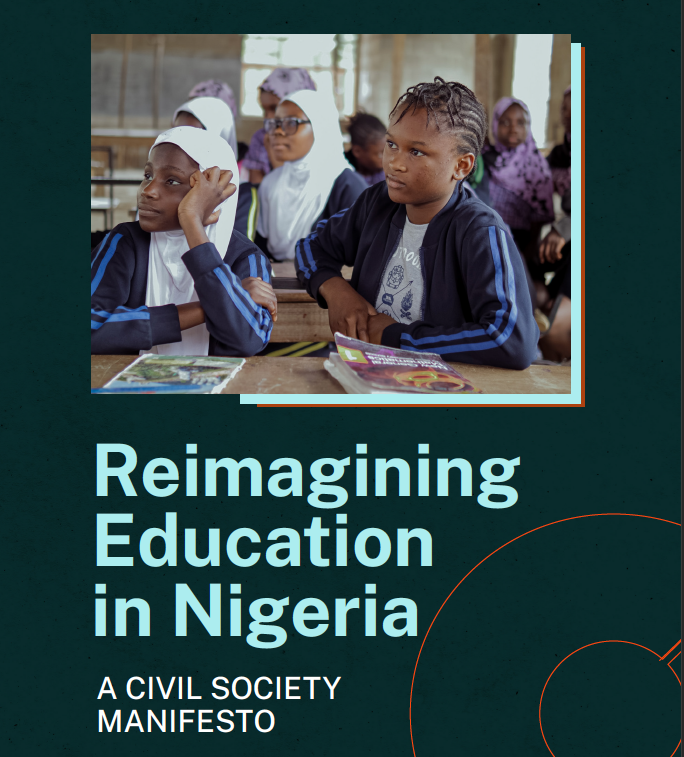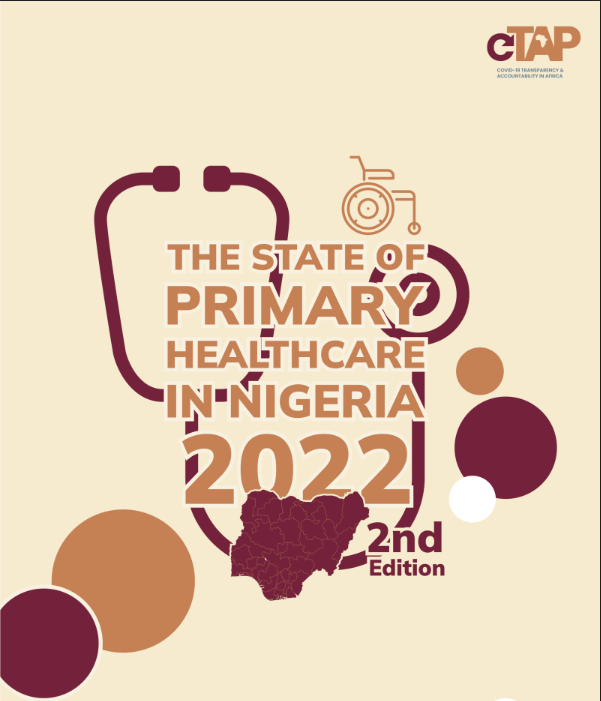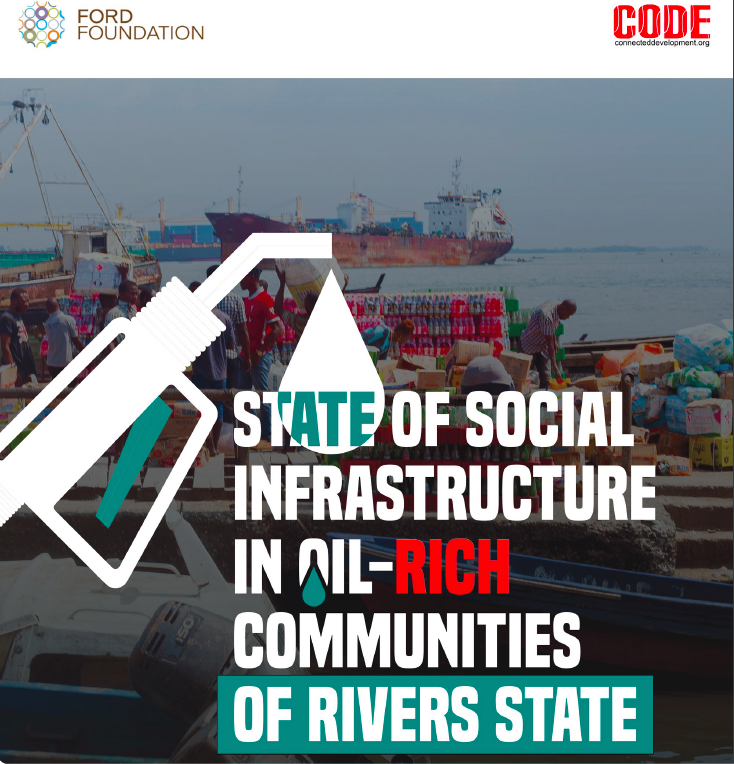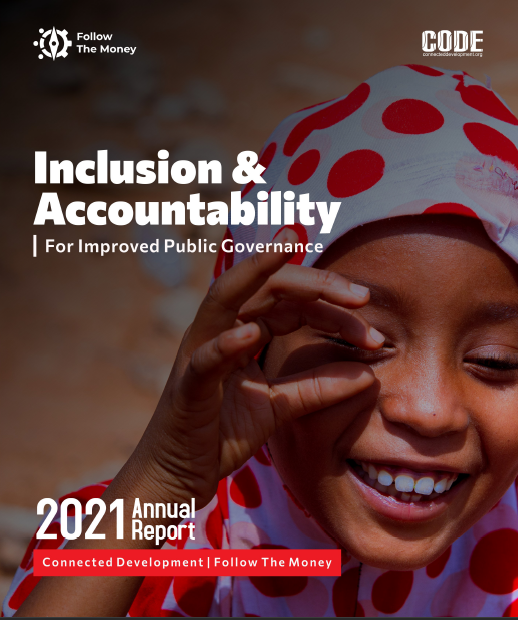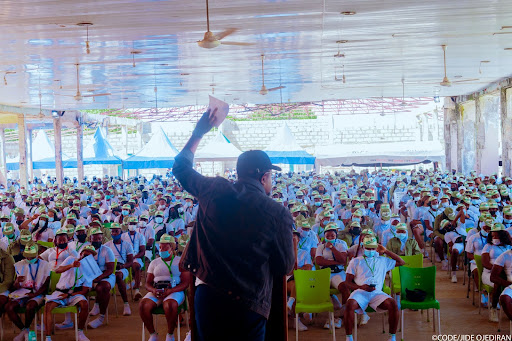Inter-Faith Dialogue on Climate Change Report
The Interfaith Dialogue on Climate Change project was initiated by Connected Development [CODE] to foster collaboration among diverse faith communities in Nigeria towards addressing the increased issues around climate change. The project was necessitated due to the increasing need to improve local-led strategies for practical climate challenges and science and action communication among Nigeria’s teeming population. The project also aimed to leverage the influence of faith-based institutions/ leadership to promote environmental stewardship for sustainable practices while galvanizing mass climate action using the influence of people’s commitment to faith…Read full report below 👇
